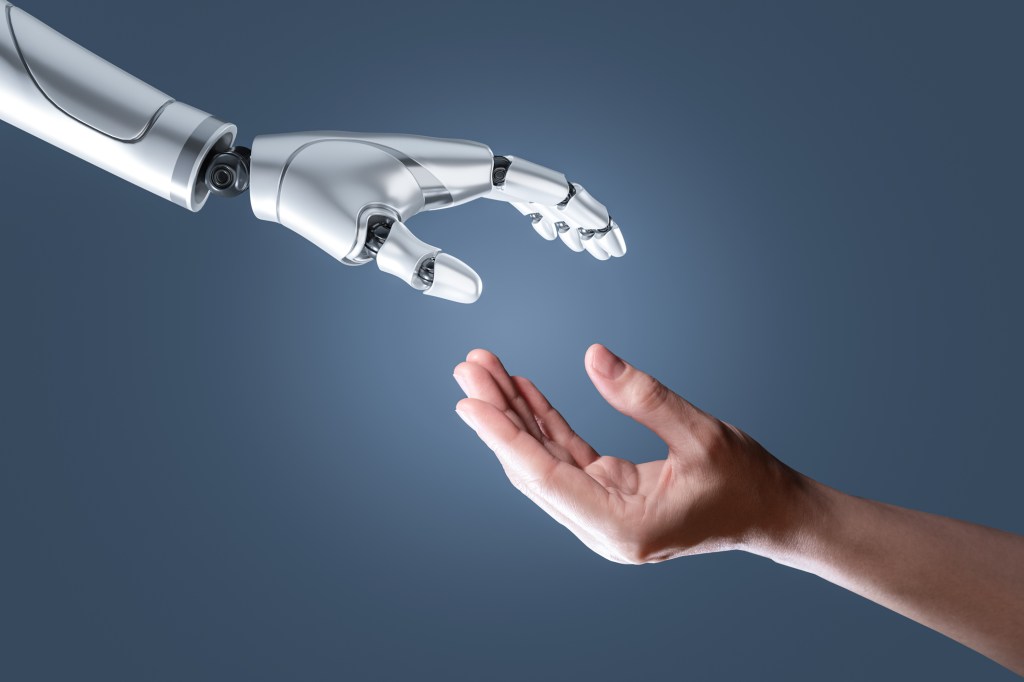In an era where democratic processes are increasingly challenged, the role of technology in either exacerbating or alleviating these challenges is a subject of intense debate. Amidst this discourse, Complex Chaos, a forward-thinking startup, is pioneering the use of artificial intelligence (AI) to bridge divides and facilitate consensus-building.
Tommy Lorsch, co-founder and CEO of Complex Chaos, experienced a pivotal realization that led to the inception of the company. He observed a common trend where individuals sought simplified explanations from AI, akin to asking it to elucidate concepts as if they were five years old. This observation sparked a question: Could AI serve as a mediator to enhance mutual understanding and identify common ground among individuals?
Together with co-founder Maya Ben Dror, Lorsch is developing tools designed to expedite consensus-building processes. Their initial focus has been on climate negotiations, but the applicability of their tools spans a broad spectrum of issues. The primary objective is to foster cooperation and reduce the time required for groups to reach agreements.
Lorsch differentiates between collaboration and cooperation, noting that while numerous software solutions exist to facilitate collaboration—such as Slack and Google Docs—there is a distinct need for tools that specifically promote cooperation. Traditional facilitation methods, which often involve trained professionals guiding groups toward consensus, are not easily scalable. This challenge is further compounded when negotiations occur across different time zones or in separate locations.
The development of Google’s Habermas Machine, an AI model designed to generate group consensus statements that represent both majority and minority viewpoints, has been a source of inspiration for Complex Chaos. This model aligns with their mission to create AI-driven solutions that facilitate consensus-building.
A recent trial of Complex Chaos’s tool involved assisting young delegates from nine African nations in preparing for climate-related negotiations at a United Nations campus in Bonn, Germany. The tool integrates functionalities from both Google’s Habermas Machine and OpenAI’s ChatGPT to generate pertinent questions, set conversation objectives, and summarize extensive documents.
Ben Dror emphasized that the tool aims to enable delegates to reach a unified stance as a bloc before engaging in broader negotiations. This preparatory consensus is crucial, as it allows for more efficient and cohesive participation in larger negotiating sessions.
The tool also addresses the dynamic nature of negotiations, where new information can emerge unexpectedly. In such instances, blocs often need to reconvene to reassess their positions. By streamlining this process, Complex Chaos’s tool has the potential to significantly enhance the efficiency of negotiations.
In summary, Complex Chaos is at the forefront of leveraging AI to facilitate cooperation and consensus-building. By addressing the scalability challenges of traditional facilitation methods and integrating advanced AI models, they are paving the way for more effective and efficient democratic processes.


